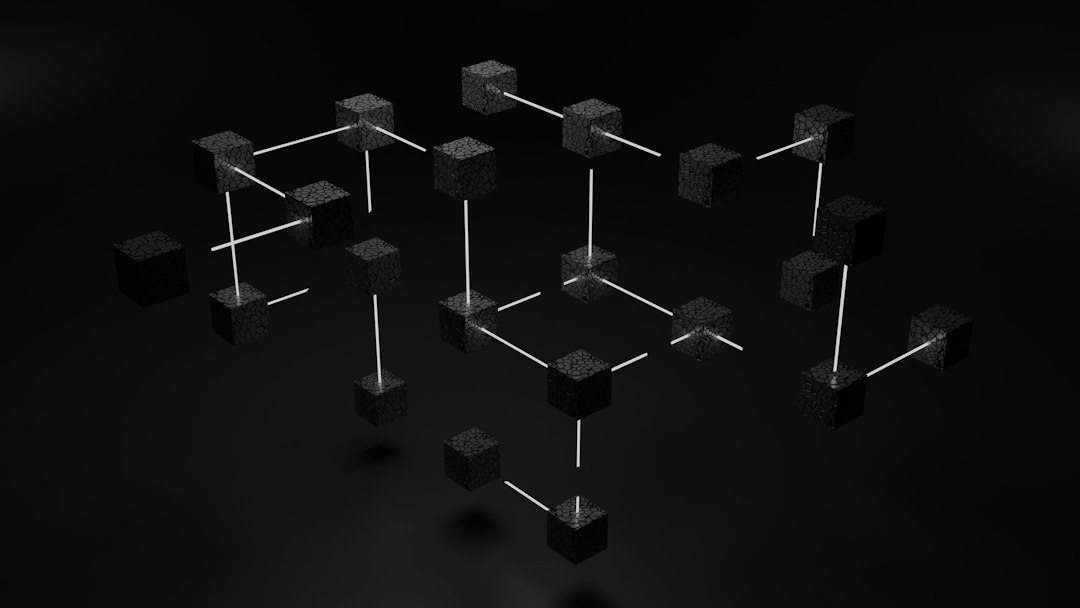The Ethereum Supreme Court: A Hierarchical Judicial System for Smart Contract Disputes
The notion of an “Ethereum Supreme Court” is gaining attention in the crypto industry. Proposed by Matter Labs co-founder Alex Gluchowski, this idea aims to establish an on-chain judicial system within the Ethereum network for resolving smart contract disputes.
Key Points:
- The Ethereum Supreme Court would integrate directly with the Ethereum protocols, functioning as an embedded governance system.
- It proposes a multi-tiered court system, similar to traditional legal structures, with each Ethereum protocol governed by its own specialized court.
- Disputes could escalate through various appellate levels until reaching the Supreme Court for a final decision.
- This concept could add an additional layer of security to the Ethereum network, deterring hostile takeovers and protecting against political interference.
- However, implementing this idea would require consensus from Ethereum’s diverse community and entail operational complexity and costs.
In conclusion, the Ethereum Supreme Court presents an audacious vision for resolving smart contract disputes within the Ethereum network. While it offers potential benefits such as increased security and deterrence, there are challenges to overcome, including community consensus and operational complexities.
Hot Take:
The concept of an Ethereum Supreme Court holds promise for establishing a robust and authoritative system for resolving smart contract disputes. However, its implementation will require careful consideration of the Ethereum community’s diverse opinions and the practical challenges associated with running an on-chain judicial system.





 By
By
 By
By
 By
By
 By
By
 By
By